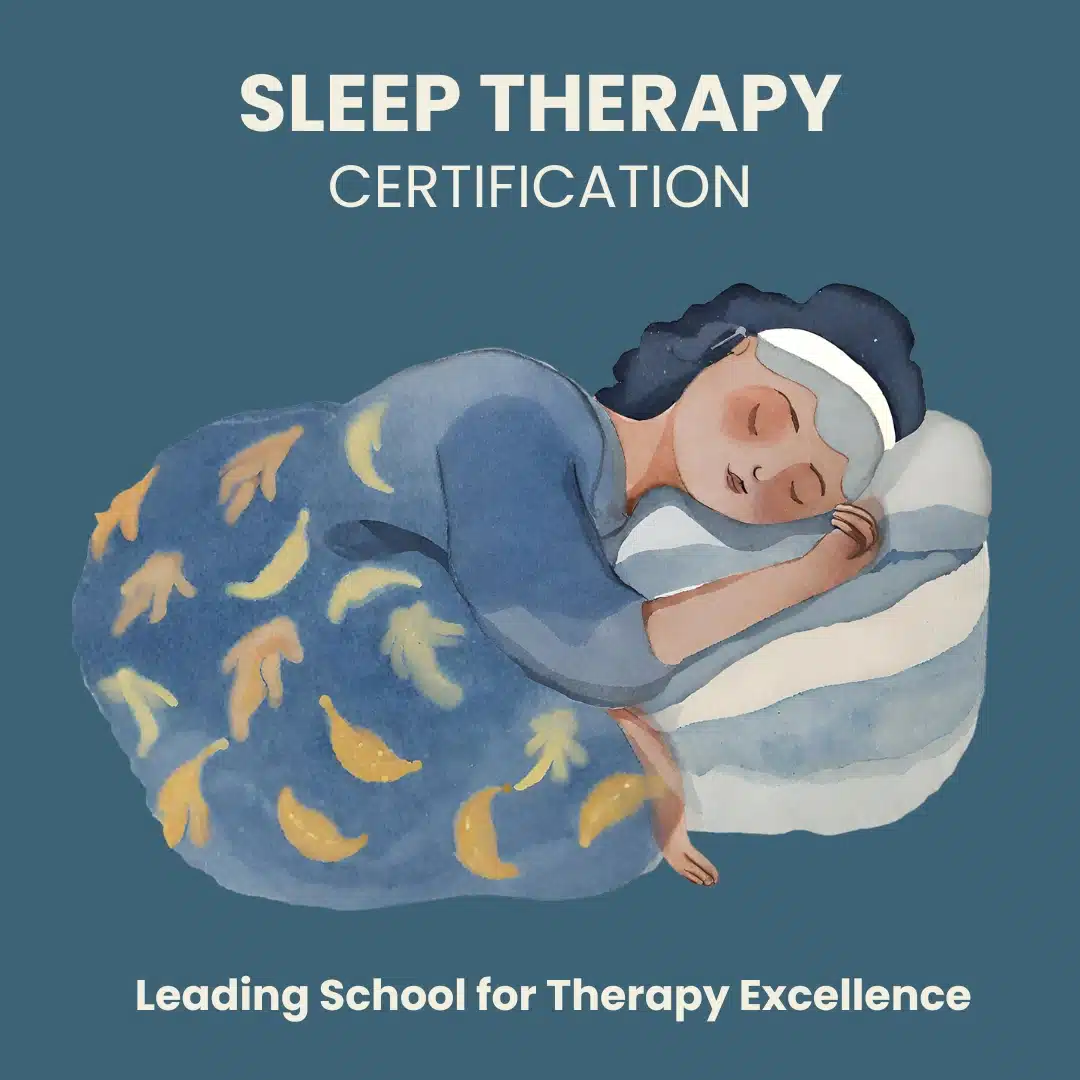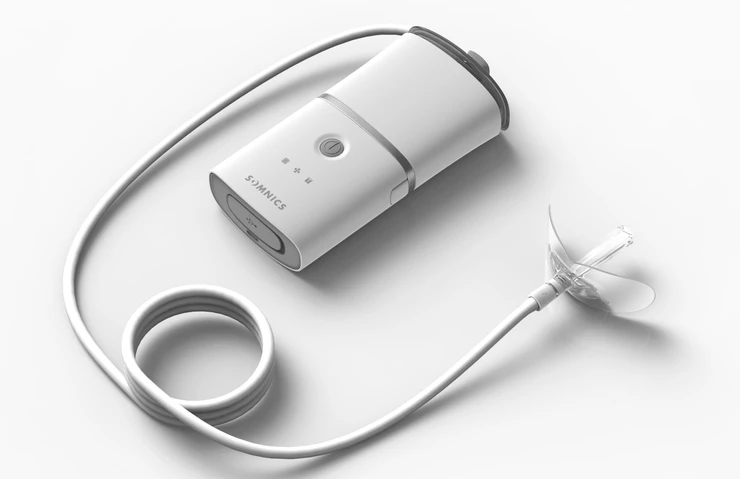Advanced Sleep Therapy - Attain Deep, Restful Sleep
Advanced Sleep Therapy - Attain Deep, Restful Sleep
Blog Article
Efficient Treatment Solutions for Managing Rest Disorders and Enhancing Relaxed Sleep
In the realm of medical care, the administration of rest conditions and the quest for restful sleep are critical components of total health. Reliable treatment options provide a diverse approach to tackle these difficulties, varying from cognitive behavior treatments to holistic methods that promote leisure and mindfulness. The expedition of different techniques, consisting of the combination of medication and light therapy, opens up a world of possibilities in the pursuit of far better rest quality. As we browse the intricate landscape of rest problems and look for to boost our sleep experience, a much deeper understanding of these treatment solutions may hold the secret to opening a more rejuvenating and fulfilling corrective trip.
Cognitive Behavior Therapy for Sleeplessness (CBT-I)
Cognitive Behavior Modification for Insomnia (CBT-I) is a structured, evidence-based treatment strategy that concentrates on addressing the underlying elements adding to sleep disturbances. This kind of treatment intends to customize habits and ideas that worsen sleeplessness, inevitably advertising healthy and balanced rest patterns. CBT-I commonly entails numerous key components, including cognitive therapy, sleep constraint, stimulation control, and rest hygiene education.
Cognitive treatment helps individuals determine and transform adverse thought patterns and beliefs regarding rest that might be hindering their ability to fall or stay asleep. Sleep restriction includes limiting the amount of time spent in bed to match the individual's real rest period, thereby boosting rest effectiveness (cognitive behavioral therapy for insomnia (CBT-I)). Stimulation control methods aid establish a solid organization in between the bed and sleep by encouraging people to visit bed just when sleepy and to stay clear of engaging in stimulating tasks in bed
Additionally, rest hygiene education focuses on creating healthy rest habits, such as keeping a consistent sleep timetable, producing a relaxing going to bed routine, and maximizing the sleep atmosphere. By attending to these factors adequately, CBT-I provides an effective non-pharmacological intervention for taking care of sleep problems and boosting overall rest high quality.
Sleep Health Practices
Having established the foundation of cognitive restructuring and behavior alterations in resolving sleeplessness via Cognitive Behavior modification for Insomnia (CBT-I), the emphasis now moves towards discovering important Sleep Health Practices for preserving optimal sleep quality and total well-being.
Sleep hygiene practices encompass a variety of behaviors and environmental elements that can significantly affect one's capacity to drop off to sleep and remain asleep throughout the night. Consistent rest and wake times, creating a relaxing going to bed routine, and maximizing the sleep atmosphere by maintaining it dark, quiet, and cool are important elements of excellent sleep health. Restricting direct exposure to displays prior to bedtime, preventing energizers like high levels of caffeine near going to bed, and taking part in regular exercise throughout the day can likewise advertise far better rest quality.
Moreover, exercising relaxation methods such as deep breathing workouts or meditation prior to bed can help soothe the mind and prepare the body for sleep. By integrating these rest hygiene practices right into one's daily routine, individuals can develop a healthy and balanced sleep pattern that sustains peaceful rest and general wellness.
Relaxation Techniques and Mindfulness
Applying relaxation techniques and mindfulness practices can play a critical role in promoting a feeling of calmness and promoting quality sleep. Furthermore, led More Info images can aid carry individuals to a tranquil location in their minds, assisting in stress decrease and boosting sleep top quality.
Mindfulness techniques, such as meditation and yoga exercise, are additionally efficient in promoting leisure and enhancing sleep. Mindfulness urges individuals to stay present in the minute, allowing go of bother with the past or future. By including these practices into a bedtime routine, people can signify to their bodies that it is time to loosen up and prepare for rest. Generally, incorporating relaxation strategies and mindfulness practices can dramatically add to taking care of rest disorders and boosting total sleep top quality.

Medicine Options for Rest Disorders
After exploring relaxation strategies and mindfulness practices as non-pharmacological treatments for boosting sleep quality, it is crucial to think about medicine options for people with sleep disorders. In instances where way of life modifications and treatment do not give sufficient relief, medicine can be a valuable tool in managing sleep disturbances.
Commonly prescribed medications for rest conditions include benzodiazepines, non-benzodiazepine hypnotics, antidepressants, and melatonin receptor agonists. Antidepressants, such as trazodone, can be useful for individuals with co-occurring anxiety and rest disruptions - sleep therapy.
It is critical for people to seek advice from with a healthcare company to determine the most proper drug option based upon their details sleep problem and clinical history.
Light Therapy for Circadian Rhythm Guideline
Light treatment, additionally referred to as phototherapy, is a non-invasive therapy method used to manage body clocks and enhance sleep-wake cycles. This treatment involves direct exposure to brilliant light that resembles natural sunshine, which aids to reset the body's body clock. By subjecting people to particular wavelengths of light, typically in the morning or night depending on the desired impact, light therapy can efficiently change the circadian rhythm to advertise wakefulness during the day and improve peaceful sleep at night.
Study has actually revealed that light therapy can be specifically valuable for individuals with circadian rhythm problems, such as delayed sleep stage disorder or jet lag. It can likewise be handy for those experiencing seasonal depression (SAD), a kind of clinical depression that commonly occurs during the cold weather when all-natural light direct exposure is reduced. Light therapy is normally well-tolerated and can be go to website made use of together with other treatment techniques for rest problems to maximize end results and boost overall sleep high quality.
Final Thought
In final thought, efficient therapy services for handling rest conditions and enhancing restful sleep consist of Cognitive Behavioral Treatment for Insomnia (CBT-I), sleep health methods, relaxation techniques and mindfulness, drug alternatives, and light treatment for circadian rhythm policy. These techniques can help people boost their sleep quality and total health. It is essential to speak with a doctor to identify the most ideal technique for dealing with rest concerns.
As we navigate the intricate landscape of rest problems and look treatment resistant insomnia for to improve our sleep experience, a deeper understanding of these treatment services might hold the secret to unlocking a more relaxing and satisfying restorative trip.
Sleep constraint includes restricting the quantity of time invested in bed to match the person's real rest duration, thereby enhancing sleep performance. Constant sleep and wake times, developing a relaxing bedtime regimen, and enhancing the rest atmosphere by maintaining it dark, quiet, and cool are essential components of good rest health. Light therapy is normally well-tolerated and can be made use of in conjunction with other therapy methods for sleep conditions to maximize outcomes and enhance total rest quality.

Report this page